Search Definitions
Browse Content
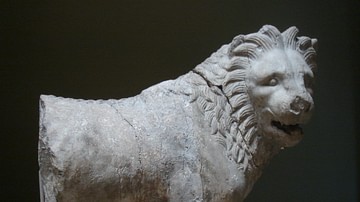
Definition
Halicarnassus
Halicarnassus (modern Bodrum, Turkey) was an ancient Ionian Greek city in the region of Caria, located on the coast of Anatolia. It is best known as the birthplace of Herodotus (l. c. 484-425/413 BCE), the 'Father of History', and as the...
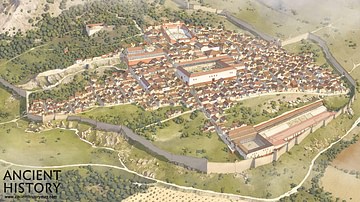
Definition
Ionia
Ionia was a territory in western Anatolia (modern-day Turkey) populated by the Ionians (Greeks who spoke the Ionian dialect) in c. 1150 BCE. It is best known as the birthplace of Greek philosophy (at Miletus) and the site of the Ionian Revolt...
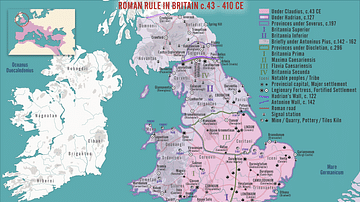
Definition
Ancient Britain
Ancient Britain was a landmass on the northwest of the continent of Europe first occupied by humans c. 800,000 years ago prior to it becoming an island c. 6000 BCE due to flooding which separated it from the mainland. Agriculture began to...
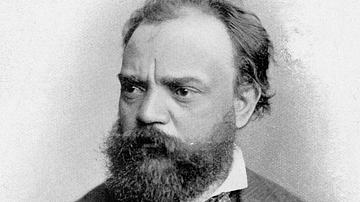
Definition
Antonín Dvořák
Antonín Dvořák (1841-1904) was a Czech composer best known for his symphonies, symphonic poems, operas, and chamber music. Dvořák's best-loved works include his 9th Symphony (From The New World), the American quartet, and his Slavonic Dances...
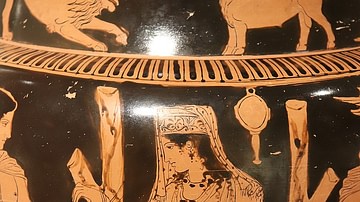
Definition
Andromeda
Andromeda is a princess in Greek mythology. She is the daughter of Cepheus, the king of Aethiopia (Ethiopia), and his wife, Cassiopeia. The most famous myth associated with Andromeda is the story of her rescue by the Greek hero Perseus, who...
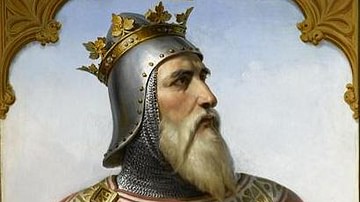
Definition
Robert Guiscard
Robert Guiscard (1015-1085) was a Norman knight best known for conquering much of Southern Italy and Sicily during the 11th century. His many exploits include the expulsion of the Byzantines from Italy, support of a reformist papacy, and...
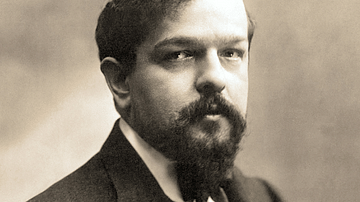
Definition
Claude Debussy
Claude Debussy (1862-1918) was a French composer most famous for his piano and orchestral music. Works like Clair de Lune have become piano standards while La Mer, with its unusual use of instruments and impressionistic use of waves of sounds...
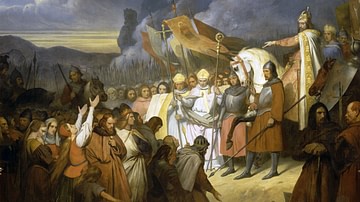
Definition
Saxon Wars
The Saxon Wars (772-804) were a series of conflicts between the Franks under Charlemagne, who sought to conquer Saxony and convert the populace to Christianity, and the Saxons who resisted. The conflict lasted over 30 years through 18 campaigns...
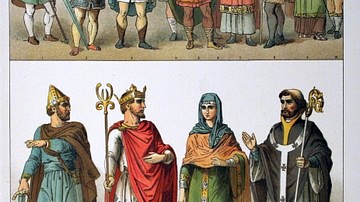
Definition
The Saxons
The Saxons were a Germanic people of the region north of the Elbe River stretching from Holstein (in modern-day Germany) to the North Sea. The Saxons who migrated to Britain in the 5th and 6th centuries CE along with the Angles, Frisians...

Definition
Pliny the Younger
Pliny the Younger (61-112 CE) was the nephew of Pliny the Elder (23-79 CE), the author of the 37-volume Natural History. He had a remarkable political career and gained a reputation as an excellent lawyer and orator, but he is most famous...